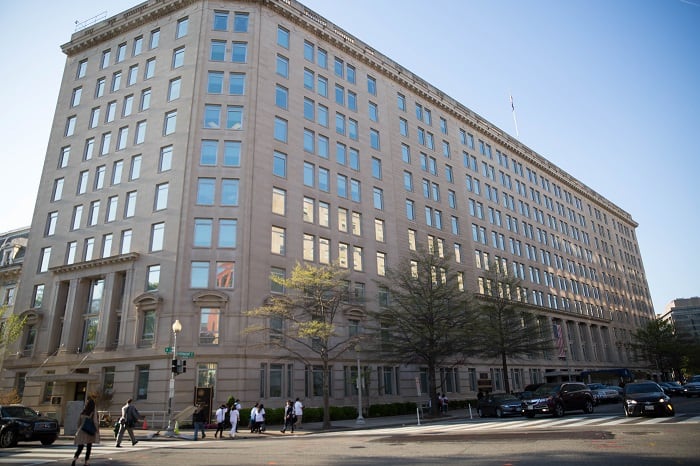If you have post-traumatic stress or a blast-related traumatic brain injury, two research institutes want your brains.
Not now, of course — when you're done using them.
The Veterans Affairs Department's National Center for Posttraumatic Stress Disorder has launched the first brain tissue repository to study PTSD, following the Defense Department's launch in late 2013 of its own brain bank for research.
The two facilities hope to enhance the scientific catalog of neuroscience, say officials with the departments.
Dr. Matthew Friedman, senior adviser to the VA center, said researchers can learn much by studying brain images, but there's "no substitute for looking at the neurons themselves" when it comes to decoding the complex, mysterious body organ.
Understanding changes at the cellular and synaptic levels is critical to finding potential biological signs for developing PTSD and other mental health conditions, diagnosing disorders and treating them, Friedman said.
The Leahy-Friedman National Brain Repository for PTSD — named for Friedman, who previously served as the national center's executive director, and Sen. Patrick Leahy, D-Vt., who led the push to fund the the brain bank — is looking for veterans with and without PTSD to track now and study their brains and other tissues after they die.
Friedman said the brain bank would be "very grateful" to veterans who decide to participate.
Several medical centers and research institutions are involved in the repository initiative, including VA hospitals in Boston, San Antonio, West Haven, Connecticut, and White River Junction, Vermont.
The Uniformed Services University of Health Sciences, Bethesda, Maryland, also plays a role, with psychiatrists reviewing veterans' medical records to analyze their medical backgrounds.
USUHS hosts DoD's Brain Tissue Repository for Traumatic Brain Injury as part of its Center for Neuroscience and Regenerative Medicine.
Researchers at the military's medical school also are asking veterans to donate their brains to science, but are seeking those with brain injuries. They hope former service members will make their intentions known in their wills or tell family members they want to participate.
Studies of these brains will advance the understanding of TBI and other diseases of the brain, including dementia, Alzheimer's and chronic traumatic encephalopathy, as well as brain function after injury, according to a DoD official.
Veterans with PTSD or those without who are interested in furthering the science of trauma-related mental health disorders by enrolling in the brain bank can call the center at 800-762-6609 or visit its website.
Those with traumatic brain injury or family members who want to contribute their loved ones' tissue can contact the repository through its web site www.researchbraininjury.org/brain-tissue-donation or email the center at cnrm-tbi@usuhs.edu.
Patricia Kime is a senior writer covering military and veterans health care, medicine and personnel issues.




